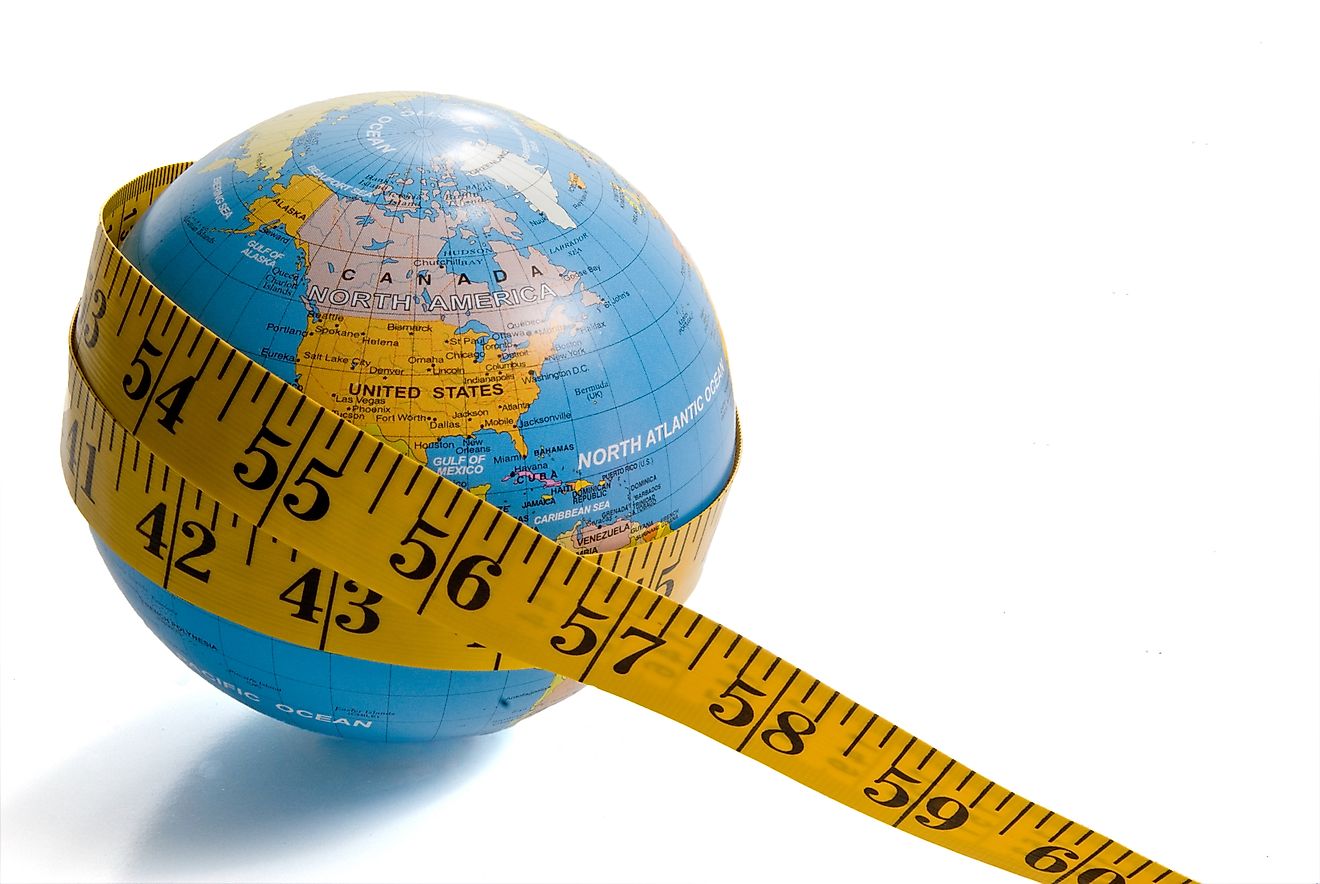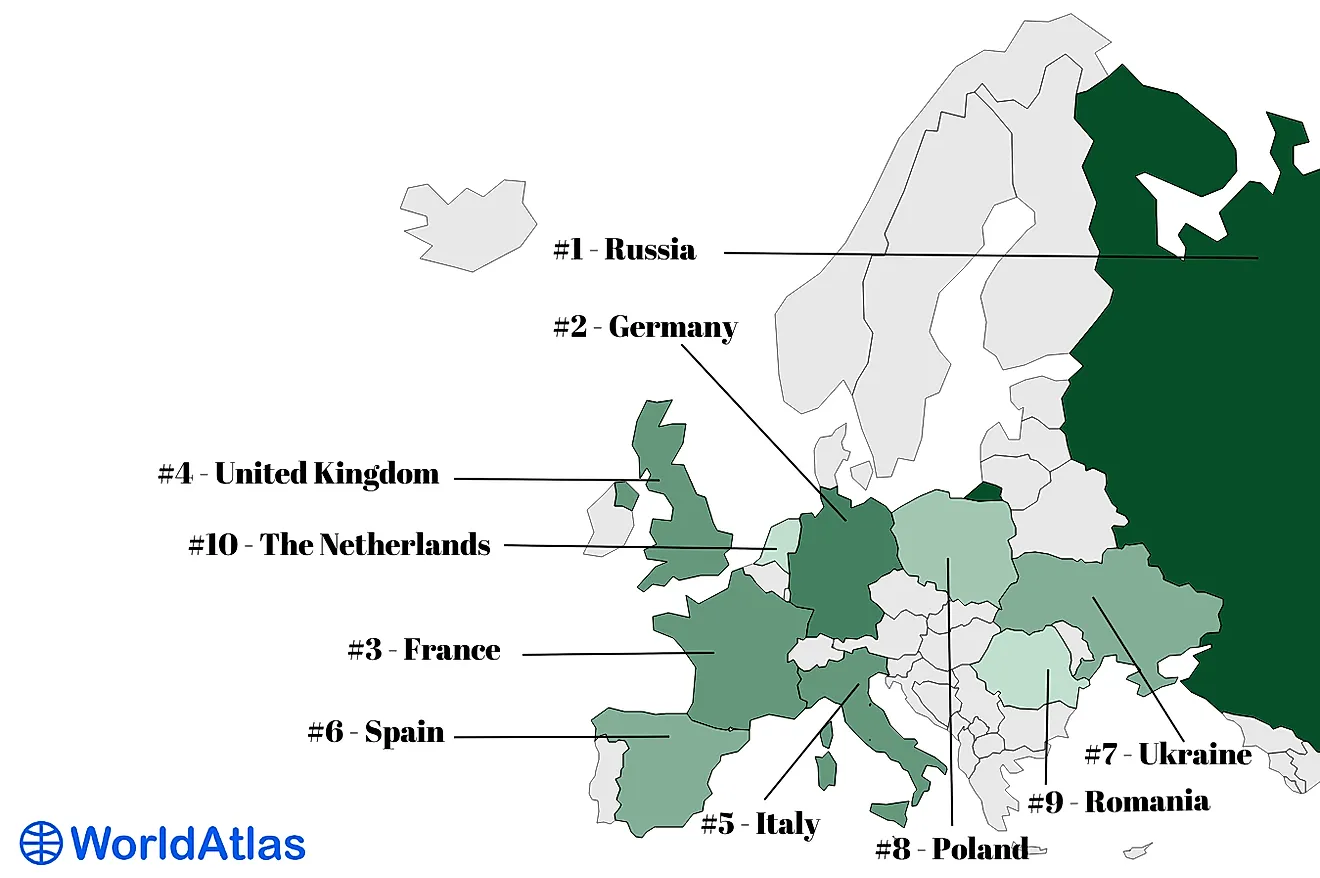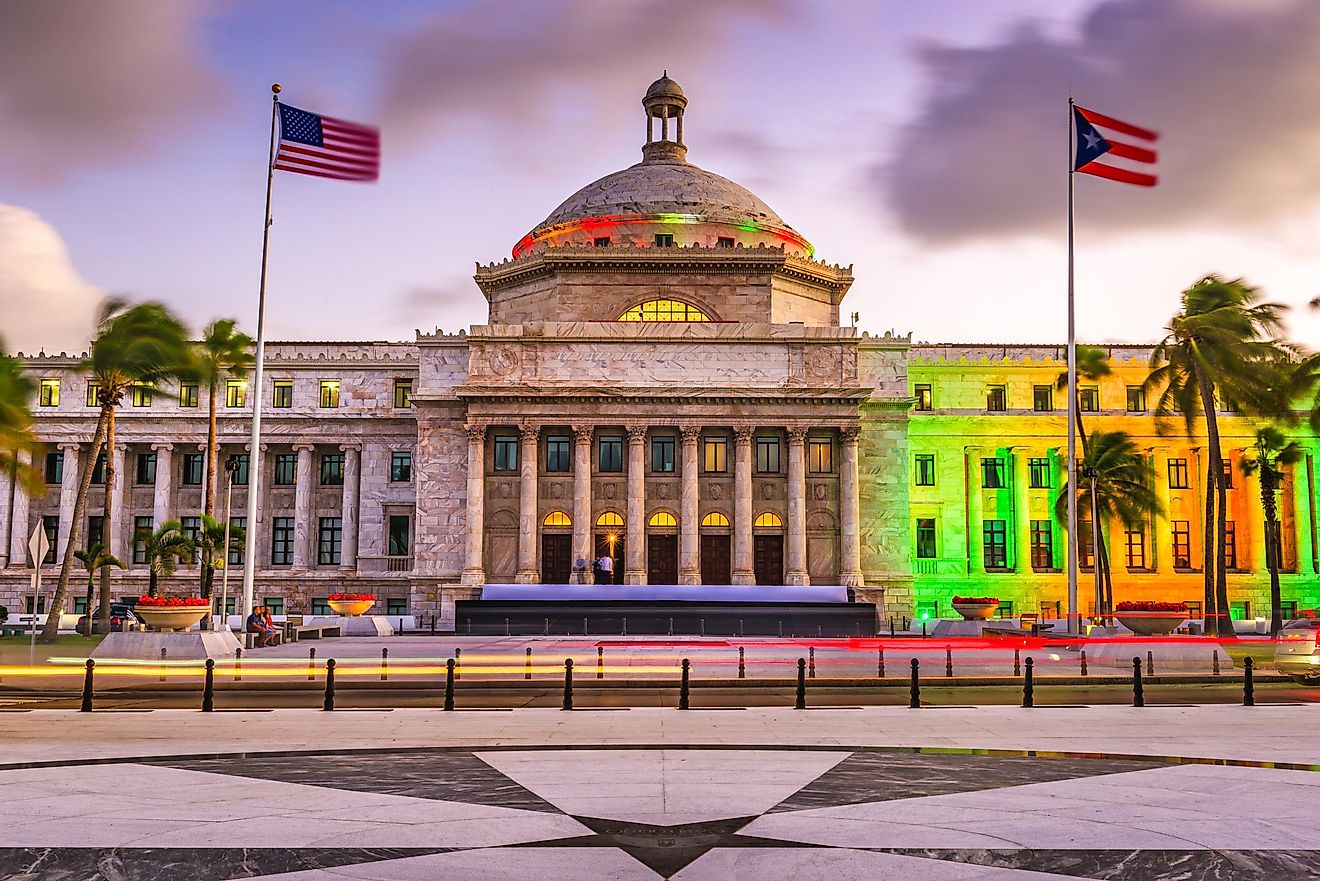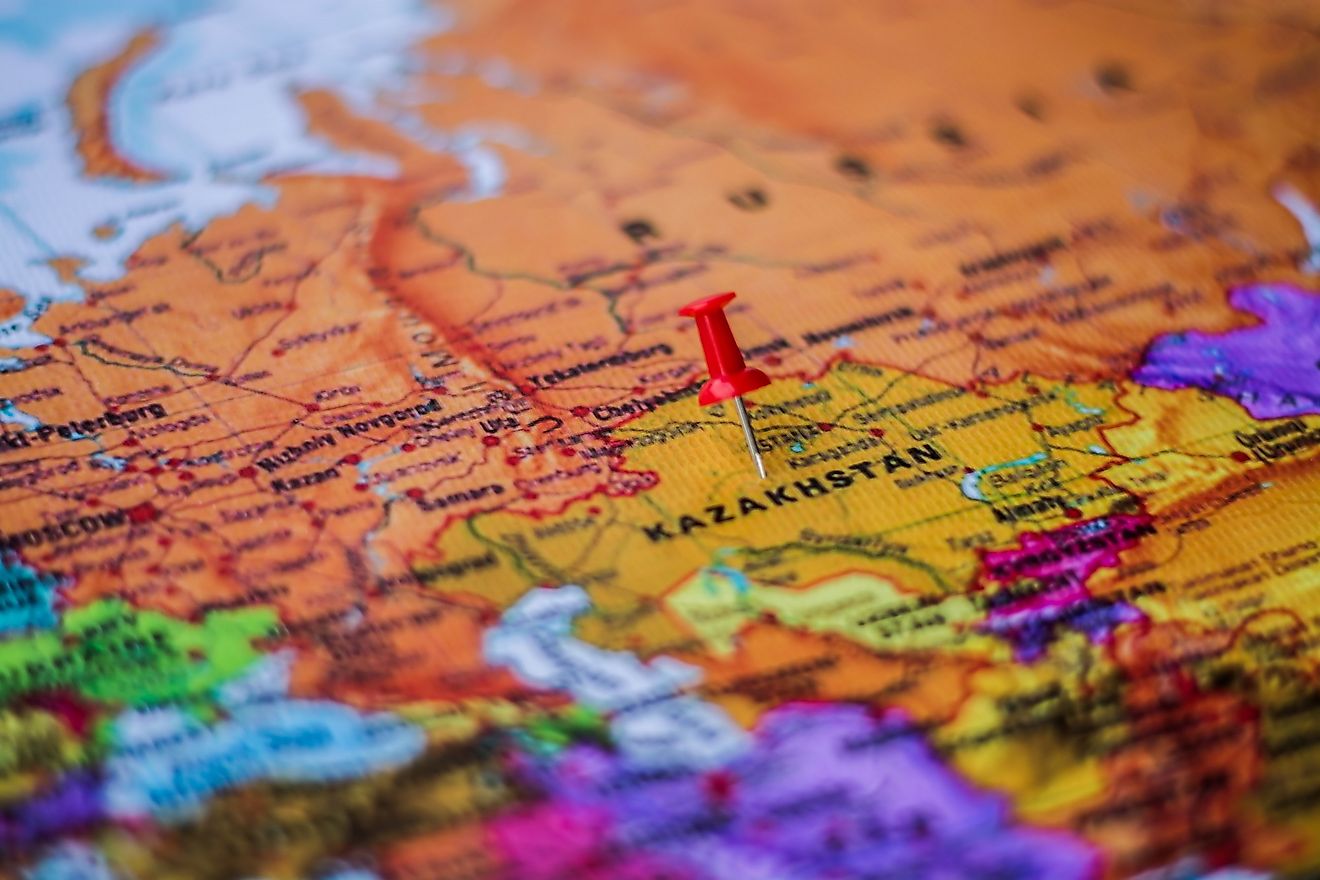Countries That Aren't in the UN
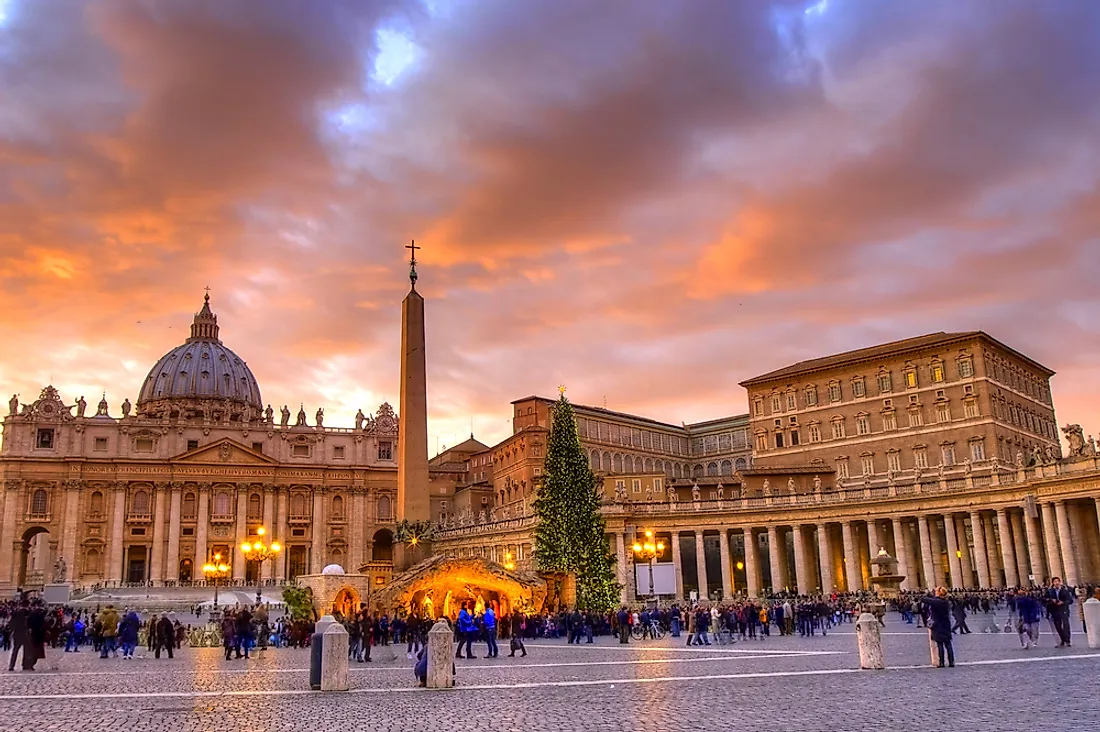
The UN is a global organization that was created to achieve a number of objectives, the primary one being the maintaining of world peace. At the end of the First World War, several nations came together and established the League of Nations chiefly to prevent the occurrence of another global war. However, the organization failed in its mandate as the world was embroiled in a subsequent world war from 1939 which resulted in massive loss of life as well as economic hardships for several countries.
In April 1945, in the American city of San Francisco, delegates from some governments met and later that year the UN was formally recognized. The organization's primary headquarters is situated in Manhattan. However, other offices located in cities such as Nairobi, Geneva, and Vienna are essential to its administration. The UN faced one of its toughest challenges in its formative years due to the emergence of the Cold War which was a substantial threat to world peace. The UN played a significant role in ensuring that the Cold War did not escalate to full-blown war. In 1945, the organization only boasted of 51 members, however, as of 2018 there were 193 state members with the most recent nation to join being South Sudan. One of the factors that contributed to the increase in the number of members was decolonization, particularly on the African continent. Due to a large number of members, the UN is a vastly influential and respected organization with its influence being readily visible in a large number of fields. The following nations are not a part of the UN due to various reasons.
3. Kosovo
Kosovo spans 4,212 square miles in the Southeastern region of Europe. It proclaimed itself independent of the Serbian state in 2008. One of the primary reasons that Kosovo has not joined the UN is because several of the world's nations do not recognize its independence. As of 2018, Kosovo had been recognized by 111 countries that were members of the UN which was roughly 58% of the organization's members. Among the countries that decided not to recognize Kosovo's independence were Russia and China, both members of the Security Council. China advocated for more negotiations while Russia proclaimed Kosovo's declaration illegal. The United Nations had an administrative mission in Kosovo whose main objective was to ensure peace for the nation's residence and the respect for fundamental human rights. Currently, the mission performs relatively few tasks due to the formation of a mission by the European Union as well as the implementation of a new constitution. Kosovo has joined a number of international organizations with a notable example being the International Monetary Fund in its quest to gain complete international recognition. The UN, however, does not recognize the state as an official member of the organization. The Kosovar government hopes to one day attain the status that would allow it to join the UN.
2. Palestine
Palestine covers a territory of approximately 2,320 square miles. In 2016, Palestine was home to around 4,816,503 people according to data from the Palestinian Central Bureau of Statistics. The majority of the world's nations have recognized Palestine with approximately 71% UN member states recognizing it with most of these maintaining diplomatic relations. However, one of the world's major nations and a member of the UN Security with veto powers, the US, is yet to recognize the status of Palestine. The UN recognizes Palestine as a non-member observer state which accords it a number of privileges. The primary reason that the UN denied Palestine membership was because of a dispute with Israel. The UN had previously stated its position on the conflict declaring that it would prefer to see a peaceful settlement with both nations being independent. Experts believe that if an amicable solution is arrived at, Palestine would be granted full membership to the UN. Before being declared a non-member of the organization, Palestine was a permanent observer in the UN. Due to the failure in the negotiations with Israel, the Palestinian government adopted a diplomatic policy to ensure its recognition on the international stage. The government of Palestine issued a report in which it stated that the UN, notably the Security Council, favored Israel in a number of issues. Israel significantly opposes any upgrade to the status of Palestine in the international community as it believes that this would tilt the balance of negotiation in Palestine's favor. Several of the world's nations particularly those with close ties to the US regularly support the Israeli position over Palestine.
1. Vatican City (Holy See)
At approximately 0.17 square miles, Vatican City holds the distinction of being the world's smallest state. It is one of the few nations globally that are not members of the UN. Before the formation of the UN, various factors had prevented the Vatican City from joining the League of Nations despite an official invitation from Britain as well as support from Switzerland. The primary factor was a dispute with Italy over the extent of the Vatican's territory which was finally resolved in 1929. Despite not being a member, the Vatican exercised its influence through a lobby group that achieved significant success in areas of intellectual cooperation. The Holy See expressed interest in joining the UN in 1944 but faced substantial opposition from Cordell Hull who at the time was the US Secretary of State. In his opinion, due to the nation's small size, it would be unable to contribute to the primary goal of the UN which was maintaining global peace. He believed that despite the Vatican not being a member of the UN, it could contribute to international affairs through humanitarian work. In 1964, the UN granted the Holy See the title of permanent observer state which accorded it some privileges such as being able to attend every meeting of the UN Security Council. Catholics for Choice raised some issues which according to them precluded the Holy See from joining the UN. Despite the opposition, the UN confirmed the nation's status in 2004.








